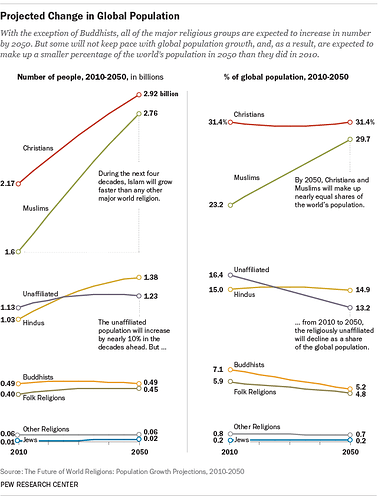So I had a look to see if there’s any thread covering this subject but since I haven’t found any I though I will start my own.
I’m pretty sure everybody on this forum came across this before multiple times and it’s always same-old-same-old and we’re all really bored but while reading about biases in racism and (predatory)marketing of certain things I actually came across this and though that there are some new ideas here(to me at least)
If you don’t want to read here are the most interesting bits
"… stories that violate our intuitions about the world are particularly captivating and memorable… Objects that are too counterintuitive are not well remembered, but objects that are minimally counterintuitive are “just right.”
“Our tendency to remember minimally counterintuitive objects or to invent intentional agents are examples of cognitive biases that help to spread religious content.”
“Of key importance is how minimally counterintuitive (MCI) gods violate some of our intuitions, but confirm others via their mundane or anthropomorphized characteristics.”
“Scott Atran and Ara Norenzayan found that many religious narratives optimally relate a majority of factual, mundane, or intuitive information, with relatively few mentions of miraculous events.”
“If useful information such as social norms and moral rules (e.g. love thy neighbor) is included in a narrative, the information receives a transmission advantage if the story includes a minimally counterintuitive object.”
OK end of quotes, phew!
If I’m reading this right then the general idea is that if we had few more miracles in the Bible it would never have taken off? But what about Hinduism which is still widespread in India? I’m not an expert in it but I’m pretty sure it contains a lot more “miracles” than other religions. Are we to assume that there were lots of different religions but Christianity was the winner because they got the balance right?
Since I’m here I will ask few more questions related to the issue above that I always wanted to, but somehow never have
- these arguments are often proposed by agnostics but are they themselves immune to their own biases? It is clear to see that some simply don’t want to believe(obviously I’m not talking about ever single atheist here)
- is being aware of your biases means that you are not biased anymore since you know it’s just bias? That worked for me when I realised my own bias towards certain products I was buying and I immediately stopped doing so but I’m not sure whether that is good analogy for issues discussed here
- but how can you be sure something is a bias and not a valid opinion?
And finally…
Is there an opposite to confirmation bias where you constantly think you must be wrong and/or constantly trying to disprove various beliefs held by the majority?
Wishing everyone Happy Easter
Marta

 )
)